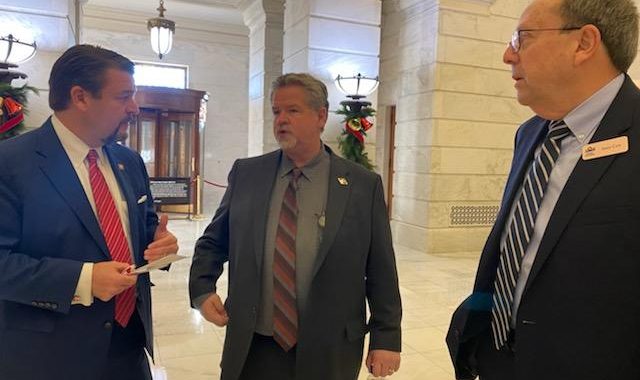On Friday U.S. District Judge Timothy Brooks blocked two sections of Act 372 of 2023, a good law that generally prohibits giving or sending a child harmful material that contains nudity or sexual activity.
The law also eliminates exemptions for libraries and schools in the state’s obscenity statute, and it clarifies how library patrons can work to remove objectionable material from a library’s catalog.
The law was slated to take effect August 1, but in June a coalition of libraries in Arkansas led by the ACLU filed a lawsuit challenging portions of Act 372.
Friday’s preliminary injunction prevents the State of Arkansas from enforcing Section 1 and Section 5 of Act 372.
Section 1 of Act 372 makes it a Class A misdemeanor to give or send a child harmful sexual material that contains nudity or sexual activity.
Section 5 of Act 372 clarifies how library patrons can work to remove objectionable material from a library’s catalog.
The ruling did not affect Sections 2, 3, 4, and 6 of Act 372, which eliminate exemptions for schools and libraries in the state’s obscenity statute, address inappropriate material in public school libraries, and permit the disclosure of certain library records.
Family Council has heard repeatedly from people who are deeply troubled by obscene and inappropriate children’s books that some librarians have placed on the shelves of their local libraries.
For example, the Jonesboro public library has been at the center of multiple controversies over its decision to place books with sexually-explicit images in its children’s section and for failing to adopt a policy that separates sexual material from children’s content.
The library in Jonesboro went so far as to post on Facebook that it isn’t the library’s responsibility to protect kids from obscenity.
Other public libraries in Arkansas have failed to separate sexual material from children’s material as well.
Some of the people who testified publicly against Act 372 last spring signaled that they want to be free to share obscene material with children at a library. That simply isn’t right.
Act 372 is a good law that will help protect children in Arkansas. We believe higher courts will recognize that fact and ultimately uphold this law as constitutional.
READ MORE






